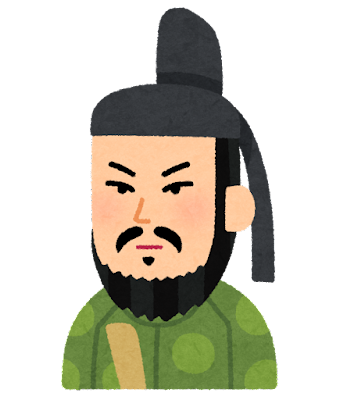The Japanese emperor system is a descendant of the Japanese monarchy. The Constitution of Japan states that the Emperor is “the symbol of the nation and the unity of the people.”
Oct 2019, Japan’s Emperor Naruhito has formally proclaimed his ascension to the throne in an elaborate ceremony.
History of the Emperor System
Japan’s emperor system has its roots in the ancient Yamato court, which is said to have started in 660 BC. The Yamato Imperial Court lasted until the Meiji Restoration in 1868.
The Meiji Restoration was a time when Japan underwent major reforms.
It marks the end of the Tokugawa shogunate and the beginning of the Meiji era. In the Meiji era, Emperor Meiji ascended to the throne and the process for modernization of Japan began.
The Meiji Constitution promulgated in 1889 stipulated that Emperor Meiji should be the head of state.
The Meiji Constitution also gave the Emperor limited powers. The Meiji Constitution gave the emperor limited powers such as the right to declare war, conclude peace treaties, and conclude treaties. However, the Meiji Constitution does not recognize the Emperor’s sovereignty by imperial decree.
Since the enactment of the Meiji Constitution, the Japanese emperor system has undergone many changes.
In 1947, the Meiji Constitution was superseded by the Constitution of Japan. The Constitution of Japan is the supreme law of Japan. It defines the emperor as “a symbol of state and national unity.” The Japanese Constitution also strips the emperor of political power. As a result, the emperor became a mere figure without any real political power.
Despite these changes, the Japanese emperor system remains an important part of Japanese society. The emperor is still loved and respected by many Japanese people. The Emperor also plays an important role in Japan’s diplomacy. The emperor frequently meets with foreign dignitaries and participates in international events.
Japanese Emperors Family Tree
Work Of the Emperor
The Activities of Their Majesties the Emperor and Empress of Japan
Strong Points
The Japanese emperor system has its strengths and weaknesses. Advantages include the emperor’s symbolic role and the role of the emperor in Japanese diplomacy.
The Japanese emperor system is an important part of Japanese history and culture. This system has advantages and disadvantages. Despite its weaknesses, the system remains an important part of Japanese society.
One Opinion regarding Emperor System
Imperial Palace Guide



